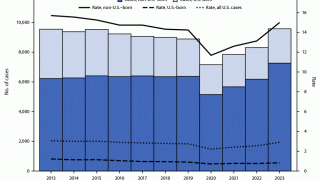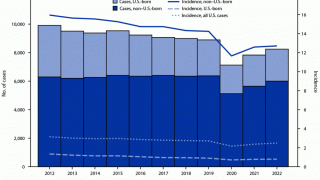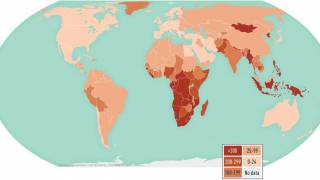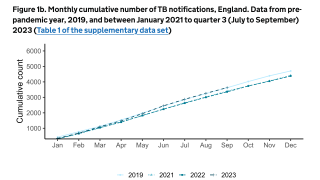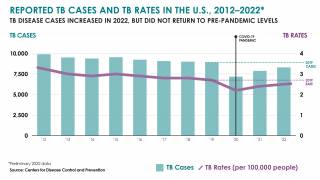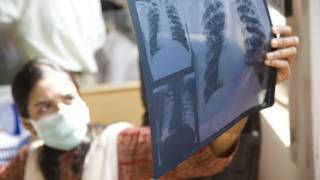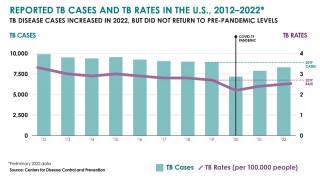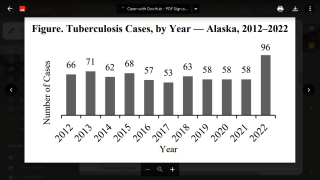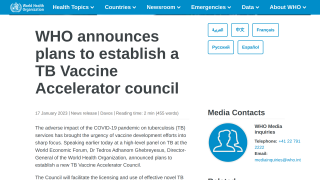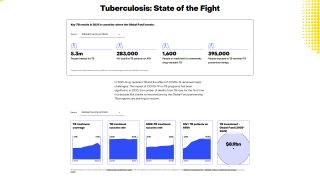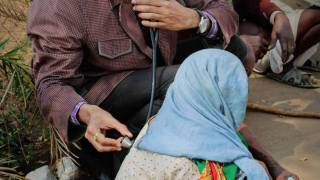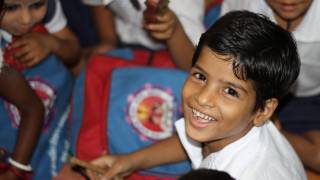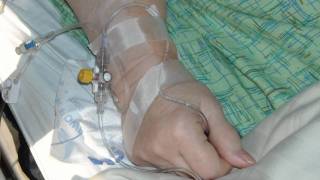Infants Benefit from Vaccine's Trained Immunity Response

According to a new study in Australia, the immune-boosting benefits of the tuberculosis vaccination can be seen in infants for more than one year.
'Our findings indicate that the off-target effects of BCG in infants are accompanied by epigenetic remodeling of circulating monocytes,' wrote these researchers.
Led by the Murdoch Children's Research Institute (MCRI) and published in Science Advances on August 5, 2022, this study showed how the 100-year-old Bacille Calmette-Guérin (BCG) vaccine developed to prevent the risk of tuberculosis can produce a 'trained immunity response' lasting more than 14 months in infants.
Trained immunity describes the capacity of innate immune cells to develop heterologous memory in response to specific exogenous exposures.
In a press release, Murdoch Children's Dr. Samantha Bannister stated, 'they saw reprogramming, a process where genes were switched off or on, in a specific blood cell type, called the monocyte.'
"The off-target effects of the BCG vaccine against a range of viruses are partly explained by the reprogramming of how your genes work in the monocyte due to environmental and behavioral factors," Dr. Bannister said.
"The reprogramming of monocytes, a cell previously thought to have no capacity for memory, leads to trained immunity."
Murdoch Children's Associate Professor Boris Novakovic said the off-target effects were first identified in Africa, where BCG-vaccinated children may have reduced overall death rates.
"The off-target effects in Africa were known to last more than a year, but previous studies looking at BCG-associated monocyte signatures only looked at one month and three months following vaccination in adults," he said.
"For the first time, we have shown how the BCG vaccine can have long-lasting effects on the immune system of infants."
"As babies are the main population given the BCG vaccine, this study is important because findings in adults do not always translate to children."
Murdoch Children's and University of Melbourne's Professor Nigel Curtis said the next step was to see what impact this early trained immunity offered later in childhood and into adulthood.
Professor Curtis' team at the Murdoch Children's is leading the BRACE trial, the world's most significant examination of the off-target effects of the BCG vaccine in more than 6,800 healthcare workers in Australia, Brazil, Spain, the Netherlands, and the United Kingdom.
The ongoing randomized controlled clinical trial involved 130 infants from the Melbourne Infant Study: BCG for the Prevention of Allergy and Infection (MIS BAIR) and cell dish models to study the immune system's response to BCG vaccination.
Researchers from the University of Melbourne, The Royal Children's Hospital, Radboud University Medical Center in The Netherlands, the Walter and Eliza Hall Institute of Medical Research, and the University of Bonn in Germany also contributed to the findings. No industry conflicts of interest were disclosed.
Note: The content of this communication is the sole responsibility of MCRI and does not reflect the views of the NHMRC.
PrecisionVaccinations publishes fact-checked, research-based vaccine news curated for mobile readership.
Our Trust Standards: Medical Advisory Committee

